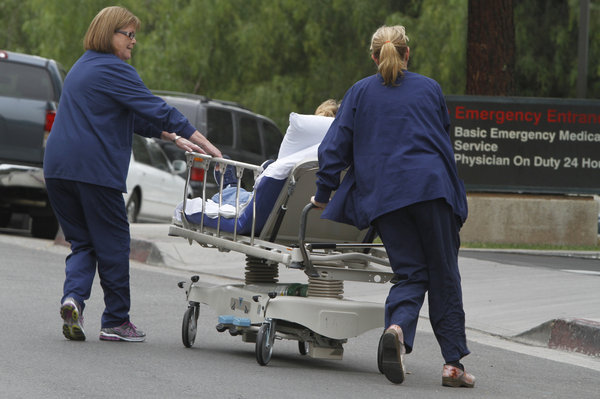As the session of the California lawmakers nears an end, they are on the edge of approving at least 2 measures that are hotly disputed and they could also slow the healthcare costs growth. One would allow nurses who have advanced training offer more medical care and the other one would allow the use of the cheaper versions of expensive biologic drugs. Even though the bill on nursing was watered down after the doctors opposed it, it is still a very important step towards the right direction. The measure on the biologic drugs however wanders away from the course.

Hernandez is now no longer proposing that the experienced nurses be allowed to work totally independent of the physicians but the bill will allow them to operate without the direct supervision of a doctor if they are part of a medical team, for instance in a group practice or a clinic. California Medical Association has pulled out its opposition to the bill for pharmacist but they are still fighting the nurses’ bill. According to them, even after watering down the bill, the nurses would still be able set up practices the physicians and they can still dispense drugs without effective supervision
However, these complaints are just hyperbolic as the law will not allow the nurses to do anything that they are not certified to. The intention of the law is to give the nurses added flexibility when they are incorporated in a group of providers of healthcare, with the state regulators overseeing their work but at the same time not limited by the random procedural rules or doctor-to-nurse ratios. A move like that would enable medical groups to provide basic healthcare services at a cheaper cost while at the same time delivering health care to more residents of California.
The bill for the drugs by Senator Jerry Hill would lay the foundation for distribution of biosimilar medications that have so far not introduced in the United States. The complex biologic compounds, which are not produced by chemical combinations but by living organisms, are designed to produce the same effects as the biologic drugs but they cost much less to manufacture. The bill would allow the pharmacists to alternate a cheaper biosimilar drug for a branded drug devoid of consulting the patient’s doctor if the FDA believed that the compounds were interchangeable. The liberty to substitute will be authorized by the federal law but until 2017, the pharmacists will be required to inform the doctor who did the prescription within 5 days whether the biologic or the equivalent biosimilar is given out, something they won’t have to do for the generic drugs and their corresponding non-biologic ones.
